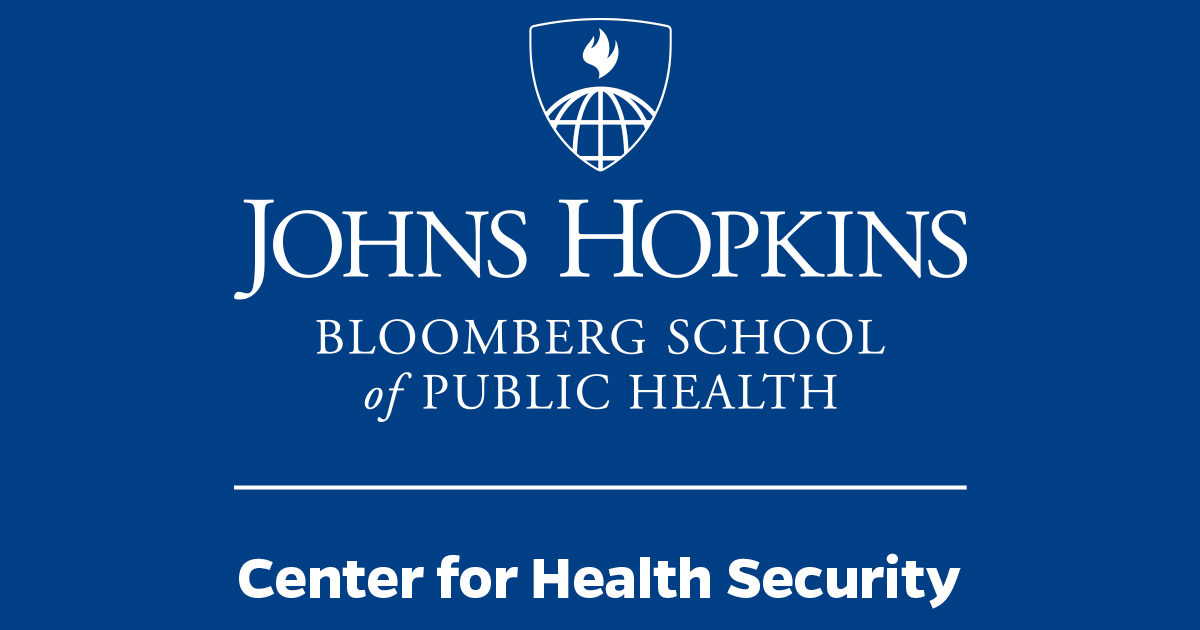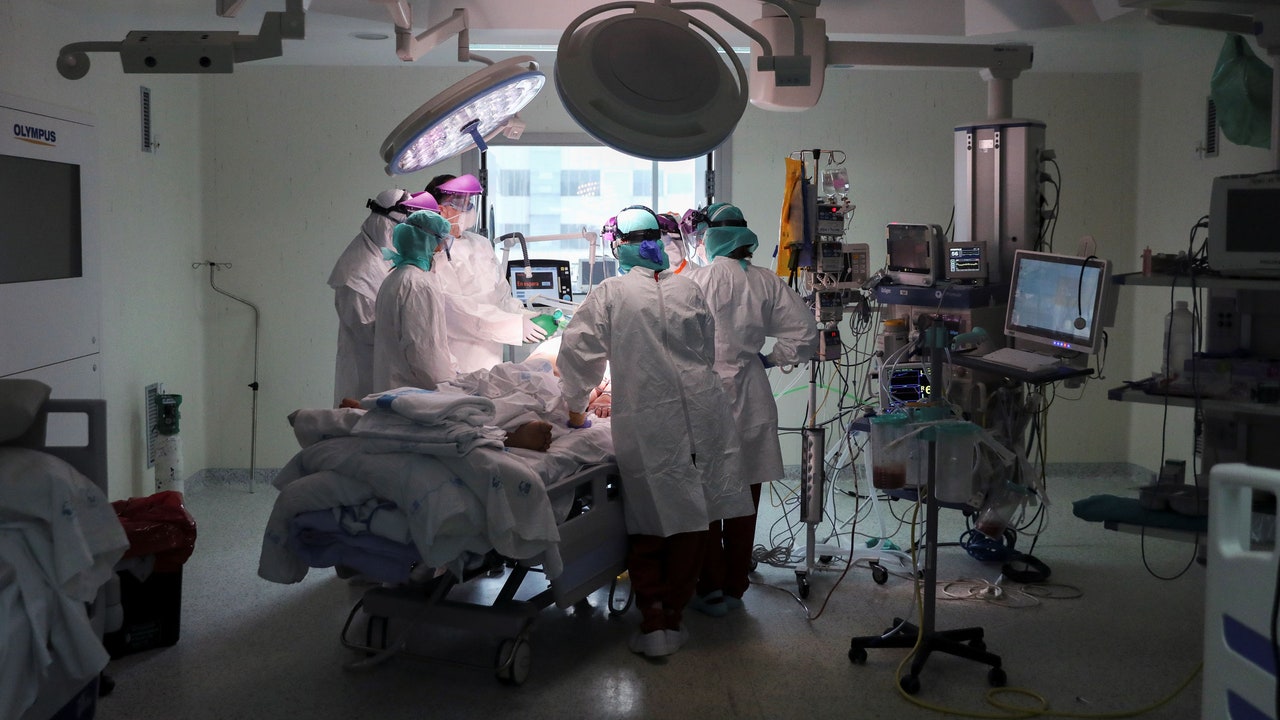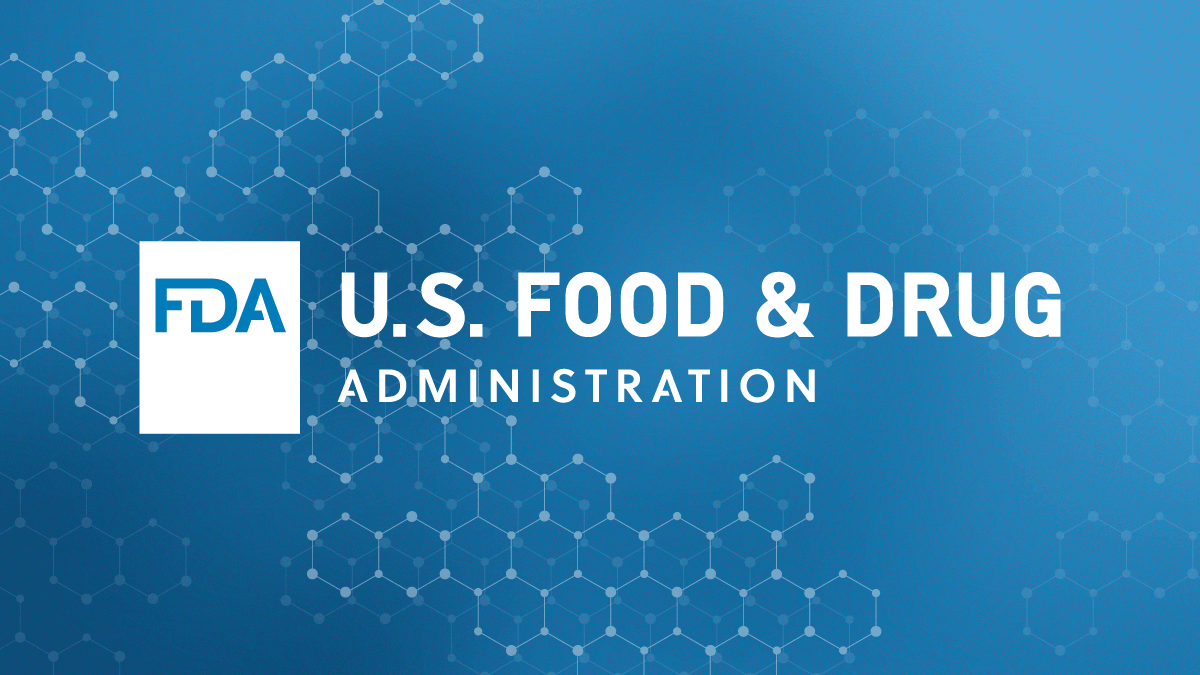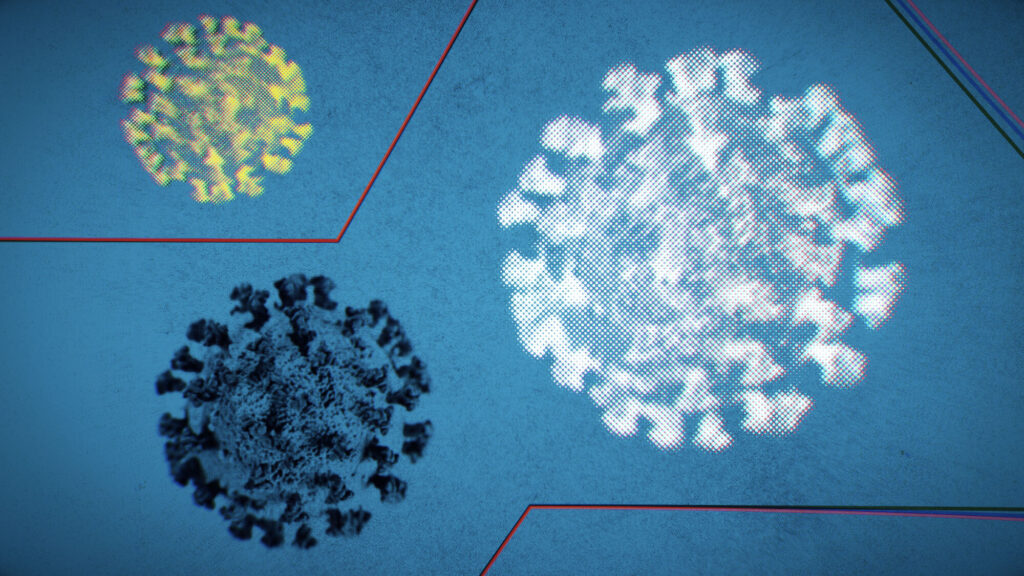- Joined
- Feb 23, 2017
- Messages
- 6,348
Why some people get sick from covid while others do not is puzzling doctors around the globe.
This question of individual susceptibility, is super important.
Here's an excerpt from an article in The Atlantic hat begins to tackle this issue:
Here's the full article:
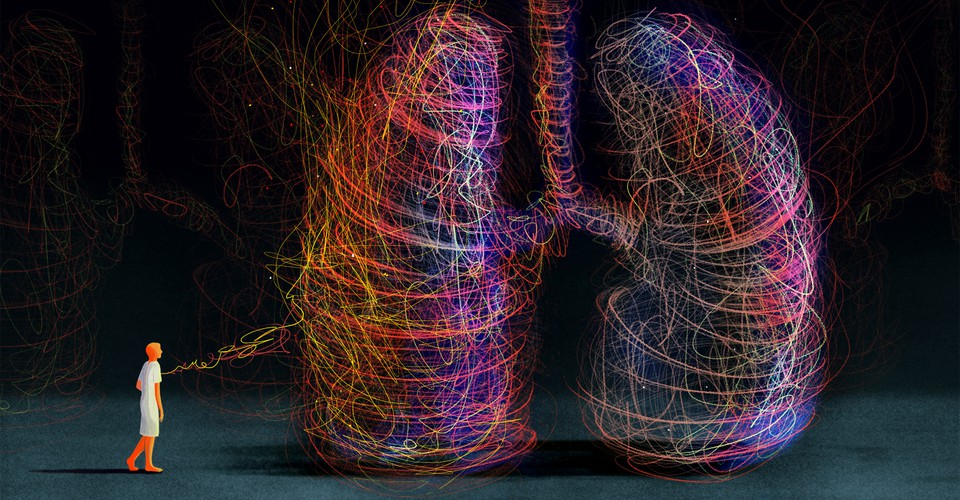
 www.theatlantic.com
www.theatlantic.com
This question of individual susceptibility, is super important.
Here's an excerpt from an article in The Atlantic hat begins to tackle this issue:
...The people who get the most severely sick from COVID-19 will sometimes be unpredictable, but in many cases, they will not. They will be the same people who get sick from most every other cause...
...Over the course of a lifetime, the effects of daily and hourly stressors accumulate. Ultimately, people who are unable to take time off of work when sick—or who don’t have a comfortable and quiet home, or who lack access to good food and clean air—are likely to bear the burden of severe disease...
Here's the full article:

Why Some People Get Sicker Than Others
COVID-19 is proving to be a disease of the immune system. This could, in theory, be controlled.

